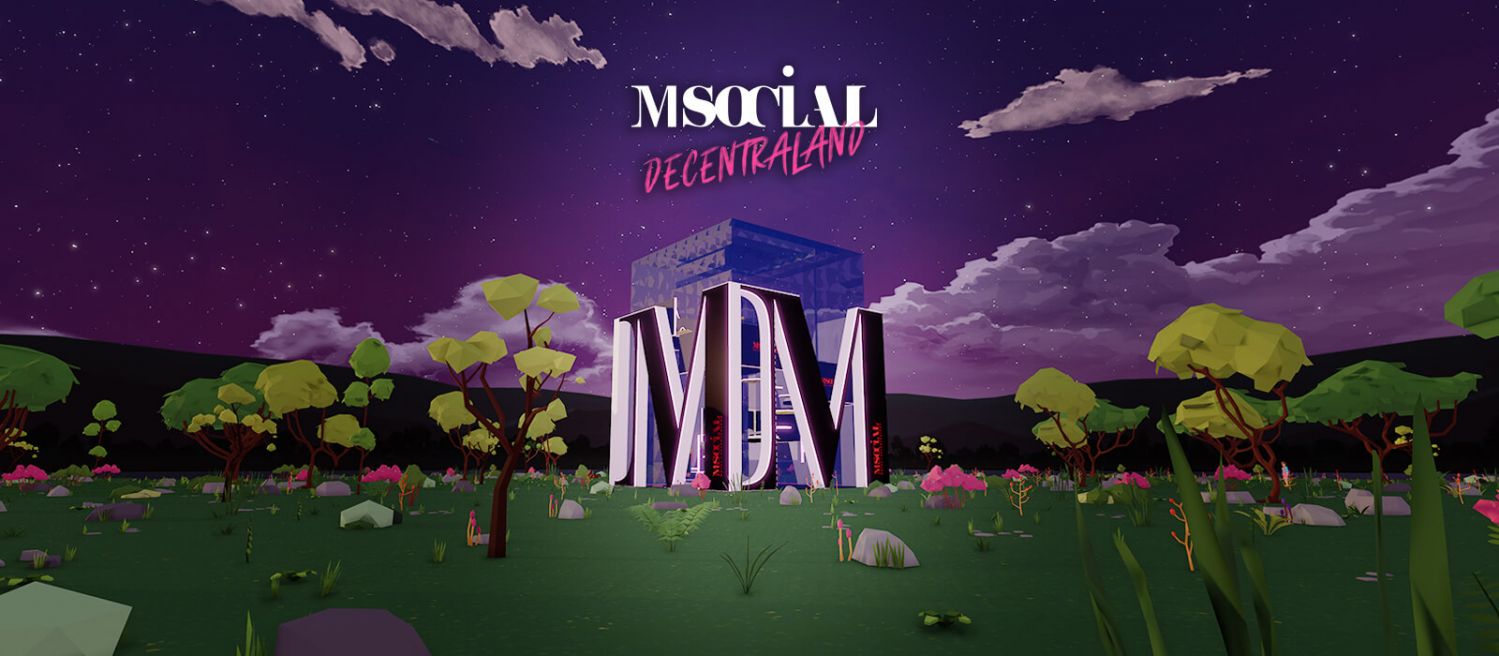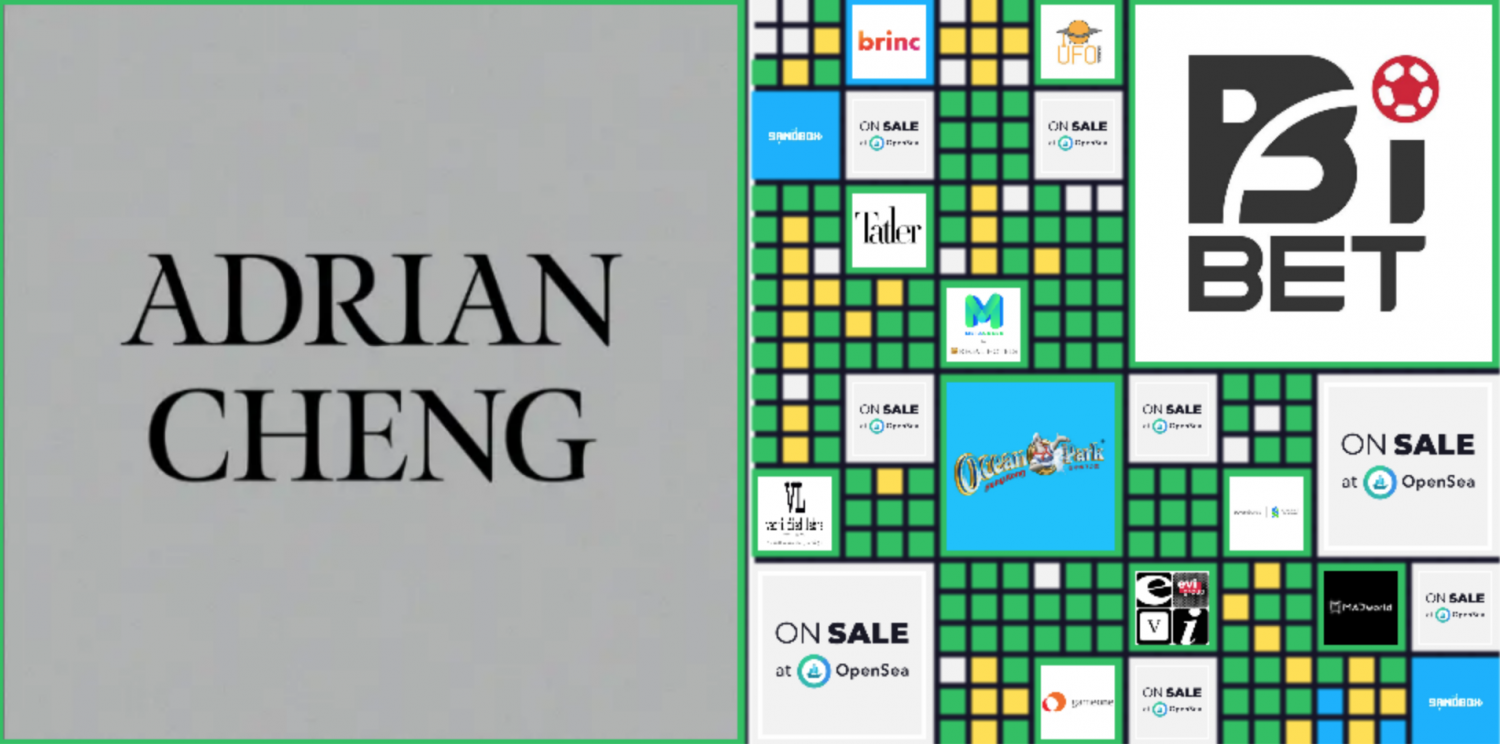Plots of pixels are the latest hot commodity and investment trend for property buyers on Web3
A sudden land rush is driving up property prices—but not where you’d expect it to be. The investment trend sees people snapping up parcels of virtual land in the metaverse for millions of dollars, with estimated sales reaching US$5.37 billion by 2026.
So while Hong Kong boasts the most expensive retail high street in the real world, the virtual Fashion Street district on the Decentraland platform is setting records: Tokens.com, owner of virtual retail estate Metaverse Group, paid 618,000 $MANA (US$2.43 million) for 116 land parcels, equivalent to 6,090 square feet in the digital world. These prices are only continuing to skyrocket, topping the value of an average home in Manhattan.
Clearly, metaverse real estate is the future, so here's what you need to know to need to know about buying land in the digital utopia.
Extended Reality
If some people remain dubious about buying NFTs (non-fungible tokens), land in the metaverse can bring a lot more utility than a jpeg. For one, when we run out of space to build in the real world, it’s only natural to look to the infinite space in the digital realm. When entering different virtual worlds, you can socialise with other avatars, interact with objects, visit an art gallery or even experience a music festival—allowing your digital twin to experience events in the metaverse just as you would in real life, but without borders or travel restrictions.
Currently, Sandbox, Decentraland, Cryptovoxels, and Somnium dominate the metaverse space of real estate. The difference between building a Sims house versus in the metaverse is that you have true ownership of the land, recorded on the blockchain. Virtual property may also be mapped out to real addresses in San Francisco or New York through Upland’s metaverse platform. Owning land in the metaverse gives you the ability to create your own experiences, decorate a home with designer furniture NFTs, or monetise your digital property for profit.
Tatler has recently acquired land plots in Sandbox within Mega City 2, a district primed for the most influential community members. There, Tatler will be hosting a series of events virtually, including its annual Tatler Ball. Millennium Hotels and Resorts, a hospitality brand under Singapore billionaire Kwek Leng Beng, will also debut its first virtual M Social hotel as a way to present immersive experiences whilst integrating real-life engagement.


